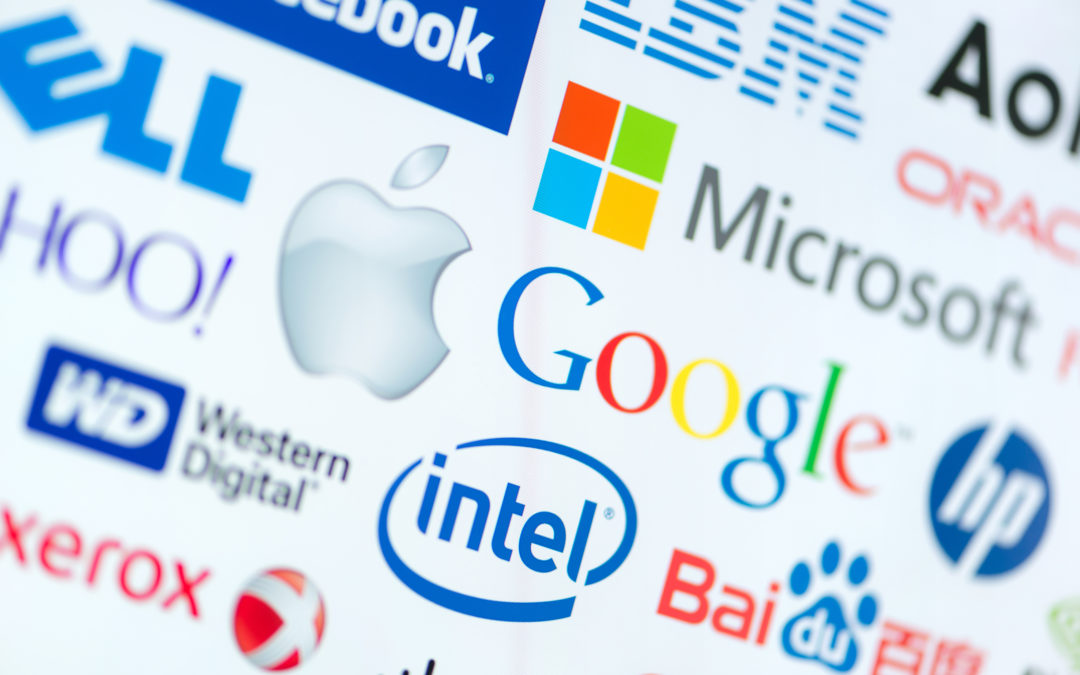This morning, the Des Moines Register posted a story titled “Top energy ushers pushing utility deregulation. Would it be good or bad for Iowans?”
“Really bad” is the answer, but you don’t have to be an energy expert to know why. All you have to do is look at who is pushing for this so-called deregulation: Woke Big Tech companies from California.
In her story, Eller says that “a battle is taking shape in the Iowa Legislature that’s expected to pit the state’s biggest power users against its largest utilities as they seek to partially deregulate the state’s energy market.” That’s quite the lede. A battle! Biggest power users! Largest Utilities! Sounds exciting!
So who are these Biggest Power Users? Well, Eller doesn’t tell us. According to Eller, this push to change Iowa’s electric grid “comes from the Iowa Economic Alliance,” a secretive group that (1) claims it is made up of the biggest energy users but also (2) won’t disclose who those gigantic energy users are.
If that seems strange to you, that’s because it is. Really strange.
This isn’t the first we’ve heard of this group. Back in September, the Iowa Economic Alliance held a press conference to release the results of polling it had done about whether Iowans want “competition among energy companies.” I didn’t write about it at the time (more on that in a second), but Erin Jordan from the Cedar Rapids Gazette covered it well. Here’s the gist:
A secretive group of large energy users — which could include social media data centers, food processors, manufacturing plants and cryptocurrency mining sites — said they should be able to buy electricity on the open market rather than from Iowa utilities.
The Iowa Economic Alliance released results of a poll Thursday showing 64 percent of Iowans support competition among utilities, rather than a territory-based system where customers just have one provider choice. But under an Alliance proposal, only large energy users would be able to choose their provider by purchasing electricity through a market like the Midcontinent Independent System Operator (MISO), which manages generation and transmission of high-voltage electricity across 15 states, including Iowa.
Jordan’s full article paints a pretty good picture of the press conference, but it still understates how ridiculous it was. The spokesperson for the group, R.G. Schwarm, spent the better part of an hour talking about how Iowans want more competition in the electricity markets but then he went on to say his group wasn’t actually pushing for competition for Iowans. Instead, the group was just making the case that its “large energy user” members should be able to break away from Iowa’s electric grid and leave Iowa ratepayers picking up the bill.
So who are these large energy users that want competition for them but not for you? Well, Schwarm wouldn’t say. In fact, Schwarm said that the group was even keeping the identity of these “large customers” secret from legislators. Please excuse my language but that’s a pretty ballsy move.
I didn’t write about the press conference at the time because, with such a bad proposal and obvious motives, I didn’t think we would hear from the group again. At least not until they would actually tell us who they are. I mean, can you imagine a group of the “largest” corporations going down to the legislature to change state law just for them but refusing to tell legislators who they even are? “Trust us”, they say. “We won’t tell you who we are, but we can tell you that we’ll be better off if you just pass this law!”
Ok… Sure.
But, for whatever reason, this proposal could have legs, and today’s register article is giving this secretive group a platform to sell its ideas.
So who is this secretive group? According to multiple sources who I talked to after the September press conference, the Iowa Economic Alliance is made up of one or more companies that have large data centers in Iowa, with Google being the driving force. These Big Tech companies are represented by the Brown Winick Law Firm, which also represents the Iowa Economic Alliance.
Chaz Allen, executive director of the Iowa Utility Association, said the same thing to Erin Jordan. And even Eller suggested the same thing in her article, though she apparently couldn’t do the work to confirm it.
But wait, there’s more (evidence)! Google is pushing the same “deregulation” theme across the country but under its own name. Last month, the New York Times reported on Google’s quest to deregulate energy markets in the Southeast, framing it as a way to make energy production greener. But as the article explains, it’s less about being green (who has more renewables than Iowa, honestly?) and more about Google wanting to make more money.
There are so many problems with the Google proposal, including that “deregulation” for data centers just puts more costs on the backs of everyday Iowans. But the Times article also notes another potential pitfall: Google’s proposal would basically prevent nuclear power from ever being built.
“There’s a disconnect between Google relying on clean nuclear power for their data centers while pushing for markets that have all but stopped the construction of nuclear everywhere they’ve been implemented,” said Mark W. Nelson, managing director of Radiant Energy Group, an energy consultancy. “What’s fastest and cheapest for Google is not necessarily best for society long term.”
Putting aside the merits of Google’s proposal, why are Google and the other Big Tech companies trying so hard to keep their identities secret in Iowa?
According to Schwarm, the Iowa Economic Alliance won’t disclose its “large energy users” because it fears “reprisals from the utilities.” That doesn’t pass the smell test. Why would a company like Google be afraid of MidAmerican and Alliant? What could they possibly do? It’s not like they can just shut off their power.
It seems more likely that Google doesn’t want to be the face of an effort to change Iowa’s energy policy in a way that benefits Google, a California company known for its woke politics, and hurts the good people of the Cyclone state.
This brings me to another point: There is already an association in Iowa that represents large Iowa energy users. It’s called the Iowa Business Energy Coalition, and it does disclose its members. They are companies like Deere and Cargill, who employ thousands of Iowans. But do you know which “large” energy users aren’t a part of the Iowa Business Energy Coalition? You guessed it: Google, Facebook, and Microsoft.
According to Eller, the Iowa Business Energy Coalition, which does disclose its members’ names, is against this Google deregulation proposal. That should tell you a lot.
But it looks like Google’s secretive push does have one backer: Former Democratic Governor candidate Tyler Olson tweeted Eller’s article this morning, saying that while it’s a “complex issue,” “there are some benefits to deregulation.”
When’s the last time you heard a Democrat advocate for something called “deregulation”? That should also tell you something. And if the blackouts in Texas and California aren’t further proof (they have deregulation there), then I can’t help you. You’ll just have to trust Google, even though it will not confirm or deny that it’s the driving force behind this propaganda campaign.



